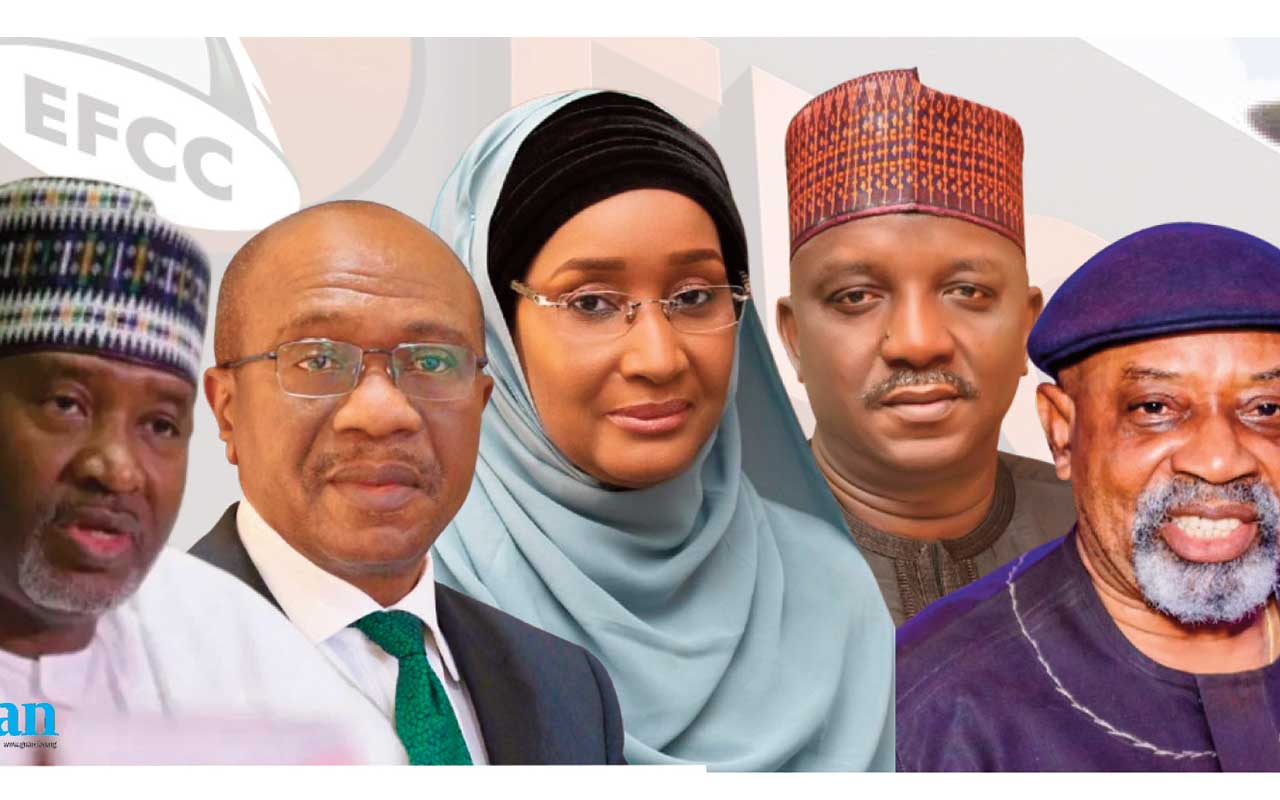The Federal Ministry of Education, under the leadership of Dr Tunji Alausa, took two bold steps toward reshaping the country’s higher institutions, unveiling a far-reaching digitalisation plan and inaugurating the newly reconstituted governing councils of federal tertiary institutions.
The event, held on Wednesday in Abuja, marked the official launch of the Blueprint ICT Development (Blueprint-ICT-Dev) Project, a major initiative designed to modernise the operations, delivery, and global engagement of Nigerian universities.
Developed with support from the French Government and the Agence Française de Dévelopement (AFD), the project is seen as one of the most ambitious efforts to transform tertiary education in the country through technology.
While unveiling the project, Alausa said: “This initiative directly aligns with the President’s Renewed Hope Agenda. It prioritises inclusive growth through human capital development, innovation, digital transformation, and educational reform.”
The Blueprint-ICT-Dev Project addresses all these priorities in a manner that tackles some of the most persistent and pressing challenges in Nigeria’s education landscape.”
The project, Alausa explained, is not just about computerising offices or installing the Internet in classrooms. It is a holistic framework to equip Nigerian institutions with the tools, platforms, and systems to thrive in the digital age.
He described the effort as one that will enable universities to deliver hybrid and transnational learning, strengthen their data systems, and increase access to quality education using flexible, ICT-enabled models.
He said: “With the support of the Blueprint-ICT-Dev Project, the 10 selected institutions can further digitise their systems, deliver hybrid and cross-border programmes, and participate more actively in global academic networks. This is crucial in making Nigerian universities competitive, not only on the continent but also globally.”
He also emphasised that teacher training and improved content delivery will be at the heart of the initiative, alongside the promotion of skills-based education, entrepreneurship, and TVET programmes, areas he described as critical in equipping young Nigerians with practical tools for the future.






